Top 5 Insurance Red Flags
These red flags could disrupt your mortgage financing or cost you thousands
When it comes to securing mortgage financing, property-specific insurance issues can sometimes be the silent saboteurs. These red flags can cause delays, force costly upgrades, or—worst-case scenario—blow up your financing altogether. Here are five major issues that can raise eyebrows with insurers (and headaches for buyers):
1. Poly-b plumbing
This type of plumbing, common in homes built between the late 1970s and mid-1990s, is considered a higher risk by many insurers.
A few providers may not have an issue, providing there are copper fittings in place and no known losses.
Most insurers will only offer coverage if the Poly-B is updated or replaced prior to possession, or if a satisfactory plumbing inspection is completed before coverage is bound. In some cases insurers will allow replacement within a specified timeframe after purchase with limitations on coverage until replaced.
2. Aluminum Wiring
Homes built in the late 1960s to mid-1970s often contain aluminum wiring, which poses a higher fire risk if not properly maintained.
Only a limited number of insurers will write policies for these homes. Those that do, typically require that all aluminum wiring be properly “pigtailed” with copper connectors and that there are no known electrical losses.
Some insurers may also request a current electrical inspection report, either within a specific timeframe or prior to possession.
3. Underground Oil Tanks
Underground oil tanks are considered an environmental liability, and may still exist (even if no longer in use) in some mobile homes and homes built before the 1960s.
Insurers will generally only require a professional scan to confirm there is no underground oil tank if oil heating is present.
It is
highly recommended that you obtain a professional scan regardless, as any environmental damages from an underground oil tank will not be covered on an insurance policy and instead be an out of pocket expense.
4. environmental risks
If the property is in a high-risk zone (wildfires, floods, earthquakes, etc.) be sure to confirm how that could impact your insurance ahead of time to avoid timeline delays. This is especially important during wildfire season as insurers may pause issuing new policies if there is a fire nearby.
Also, keep in mind earthquake insurance may be optional here in BC, however, some mortgage lenders require it.
5. age of major systems
Make sure you know the age of the:
- roof
- plumbing
- hot water tank
- electrical
- heating system
If homes are older than 20 years, insurers require the year of any updates to these systems, otherwise they are obligated to default to the year the home was built. The older the home, and the fewer the updates, the more limited your insurance options may be and coverage may be restricted.
Tip: During inspection, always ask for the age or estimated update year for these systems. If the inspection report doesn’t list the age, it may delay or limit insurance approvals. You can also try asking the listing realtor for any update history.
Remember, you’ll need insurance in place to secure mortgage financing.
It’s easy to assume that getting an insurance quote will be quick and painless—and because of that, many buyers leave it to the last minute. Unfortunately, that last-minute scramble can backfire. If any issues come up (and trust us, they sometimes do), you’ll lose precious time trying to sort them out.
Since home insurance is required by lenders, any hiccup in securing it can ripple into your mortgage approval—jeopardizing the home you’ve worked so hard to find.
Once your offer is accepted, reach out to your insurance broker right away. Being proactive gives you time to address any potential red flags and keeps your subject removal timeline on track.
________
Need an insurance broker? We know a few insurance wizards we keep on speed dial and we’d be happy to make the intro.
Connect with us to learn more about how insurance issues can impact your financing—and how we can help you stay ahead of them.




